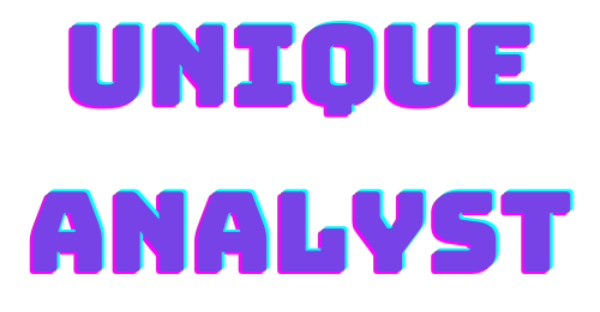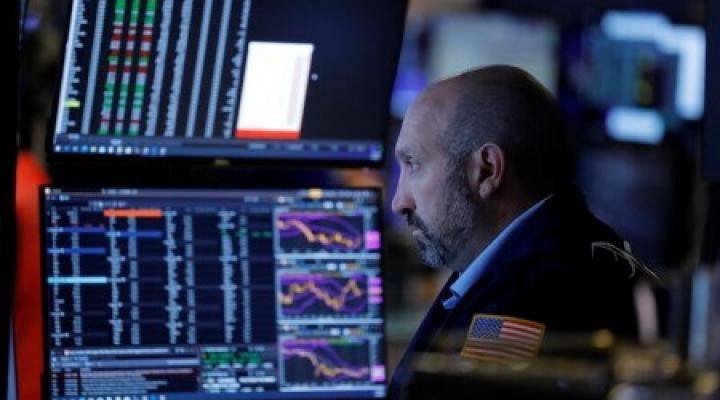U.S. stocks logged their greatest drop since May, with the tech-substantial Nasdaq composite sinking 2.2% Monday
U.S. value fates were exchanging blended a day after stresses over spreading disease from inconveniences in China’s property market crushed a lengthy dash of quiet in the securities exchange and sent the S&P 500 toward its most noticeably terrible day since May.
On Monday, U.S. stocks logged their greatest drop since May, with the tech-substantial Nasdaq composite sinking 2.2%.
The S&P 500 tumbled 1.7% on Monday to 4,357.73, its greatest drop since May. The S&P 500 was falling off about fourteen days of misfortunes and is on target for its first month to month decay since January.
The Dow Jones Industrial Average fell 1.8% to 33,970.47. The Nasdaq shed 2.2%, to 14,713.90. The Russell 2000 dropped 2.4% to 2,182.20.
Innovation organizations drove the more extensive market lower. Apple fell 2.1% and chipmaker Nvidia dropped 3.6%.
Carriers were among the couple of splendid spots. American Airlines rose 3% to lead every one of the gainers in the S&P 500. Delta Air Lines rose 1.7% and United Airlines added 1.6%.
“What’s occurred here is that the rundown of dangers has at long last become too huge to even consider overlooking,” said Michael Arone, boss speculation planner at State Street Global Advisors. “There’s simply a great deal of vulnerability at an occasionally difficult time for business sectors.”
The concerns over Chinese property engineers and obligation have as of late fixated on Evergrande, one of China’s greatest land designers, which appears as though it could not be able to reimburse its obligations.
Those property organizations have been huge drivers of the Chinese economy, which is the world’s second-biggest.
In the event that they neglect to follow through on their obligations, the substantial misfortunes taken by financial backers who hold their bonds would raise stresses over their monetary strength. Those bondholders could likewise be compelled to offer other, irrelevant ventures to raise cash, which could hurt costs in apparently disconnected business sectors.
It’s a result of how firmly associated worldwide business sectors have become, and it’s an idea the monetary world calls “infection.”
Numerous experts say they anticipate that China’s government should forestall such a situation, and that this doesn’t seem as though a Lehman-type second. By and by, any trace of vulnerability might be sufficient to agitate Wall Street after the S&P 500 has skimmed higher in practically continuous design since October, leaving stocks looking extravagant and with less wiggle room.
On top of those concerns, financial backers are watching to check whether the Federal Reserve may dial down the gas pedal on its help for the economy. What’s more, substantial government spending to counter the effect of the pandemic has raised the probability that Congress might select a ruinous risky game prior to permitting the U.S. Depository to get more cash.
The Fed is expected to convey its most recent monetary and loan fee strategy update on Wednesday.
Asian offers declined Tuesday, with Tokyo down 2% as stresses over vigorously obligated Chinese land engineers burdened opinion.
Markets were shut Tuesday in Taiwan, Shanghai and South Korea.
In Hong Kong, the Hang Seng dropped 0.5% to 23,971.73 as selling of property engineers eased back.
The Nikkei 225 dropped 601.48 focuses to 29,898.57. Australia’s S&P ASX 200 slipped 0.1% to 7,244.80.
Examiners said fears the harm from a property bust in China could swell overall were drawing on recollections of past monetary emergencies like the blasting of the Japanese “bubble” economy or the 2008 sub-prime home loan emergency.
In Japan, that calamity is known as the Lehman emergency for the 2008 breakdown of the Lehman Brothers which irritated the circumstance.
“The murmur is that this could be China’s ‘Lehman second.’ Even with Chinese business sectors shut until Wednesday, we are seeing thump on sell-offs all throughout the planet,” said RaboResearch.
In energy exchanging, benchmark U.S. unrefined rose 61 pennies to $70.90 a barrel. Brent unrefined, the global norm, added 57 pennies to $74.49 a barrel.
In cash exchanging, the U.S. dollar added a dime to 109.49 Japanese yen. The euro cost $1.1740, up from $1.1726.
Disclaimer: The views, suggestions, and opinions expressed here are the sole responsibility of the experts. No Unique Analyst journalist was involved in the writing and production of this article.

